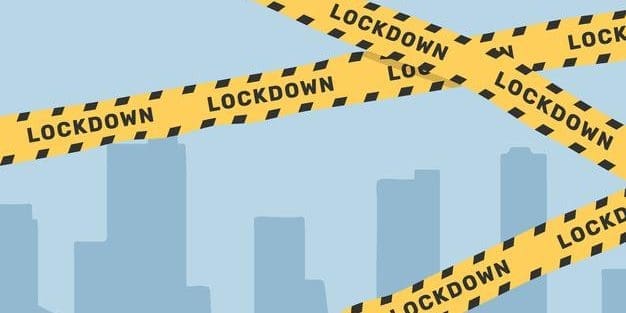From July 1 to 7, the Bangladeshi government will impose a seven-day countrywide lockdown. In order to combat the increasing wave of Covid-19 cases, the country’s populace will be compelled to stay at home unless in emergencies.
According to Panjiva, a business line of S&P Global Market Intelligence, industrial supply chain disruptions are predicted when companies close and productivity is decreased as a result of the lockdown.
As Panjiva’s report notes, this reverses a trend seen earlier in the pandemic when Bangladeshi apparel manufacturers suffered order cancellations from retailers across the US and Europe, which at that point were facing a decrease in demand from their home markets.
According to Panjiva’s statistics, Bangladeshi clothing exporters to the United States have proven resilient during the epidemic, with exports down just 1.6 percent in the three months to April 30 compared to the same period in 2019. Exporters from India and Sri Lanka, on the other hand, had losses of 10.1 percent and 6.4 percent, respectively.
H&M shipments to the United States climbed 13.5 percent in the three months ending May 31 compared to the same period last year, putting the Swedish fast fashion giant at risk of supply chain interruptions in Bangladesh. Imports from Levi Strauss & Co. and PVH, on the other hand, dropped 47.8% and 68.7%, respectively, over the same time period.

